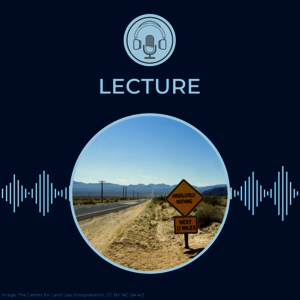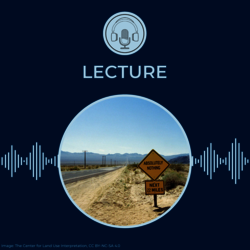 GHIL Podcast
GHIL Podcast

GHIL Lecture
Achim Landwehr
The Hole Story
Voids and their Constitutive Role in European (Early) Modernity
15 July 2025
(0:46 h)

GHIL Lecture
Achim Landwehr
The Hole Story
Voids and their Constitutive Role in European (Early) Modernity
European cultures tend to overlook voids, or, at best, see them as unpleasant phenomena. Yet voids are not only unavoidable, but actually constitutive in the emergence of European-Western modernity over the last four hundred years—which might now be coming to an end, possibly due to the excessive production of voids. Although the meaning of emptiness was certainly not first conceived in the seventeenth century, empty spaces took on a new role in this early modern period. There were of course the well-known vacuum experiments, but other voids were gaining in importance too: white spots in cartography, the concept of ‘terra nullius’, speculative bubbles, and the technical-military possibilities of extensive destruction, for instance. Voids are thus not only disturbing phenomena or regrettable losses, but crucial constitutive elements in European modernity.
Achim Landwehr is Professor of Early Modern History at the University of Konstanz. In his research, he has investigated questions of early modern statehood and aspects of time and the present in the seventeenth century, but has also repeatedly worked on questions of historical theory.
Don't miss the accompanying interview: Host Kim König is joined by Ole Münch, Research Fellow for Modern History, and Achim Landwehr, Professor of Early Modern History at the University of Konstanz. Together, they discuss the research behind Achim Landwehr's GHIL Lecture, which examined the constitutive role of voids in European early modernity. Their conversation moves from information-rich early modern calendars to the significance of gaps in our past, exploring how these influence the way we teach and write about history.